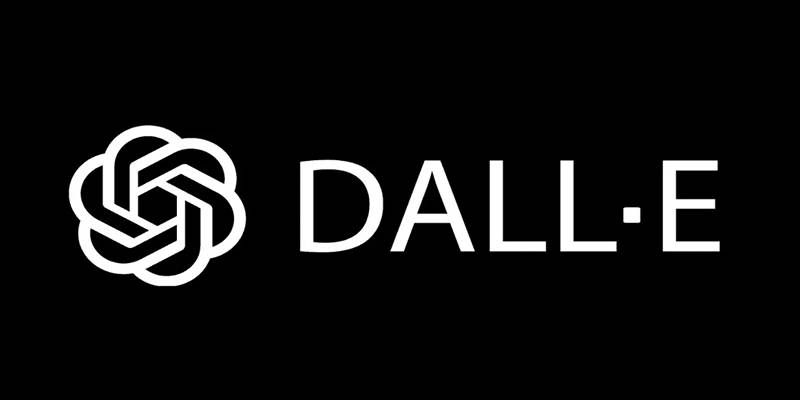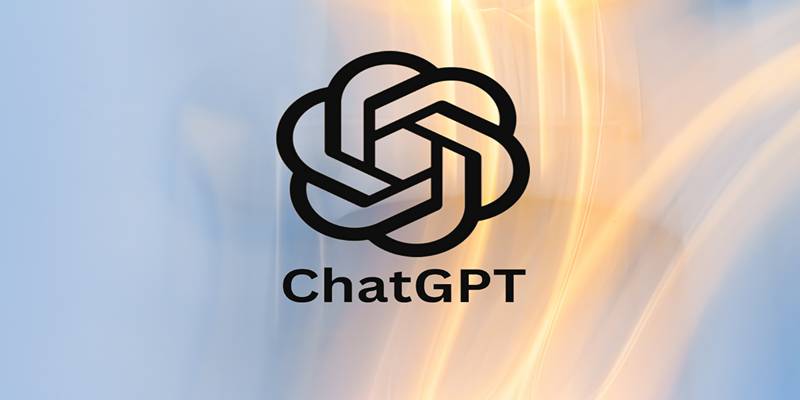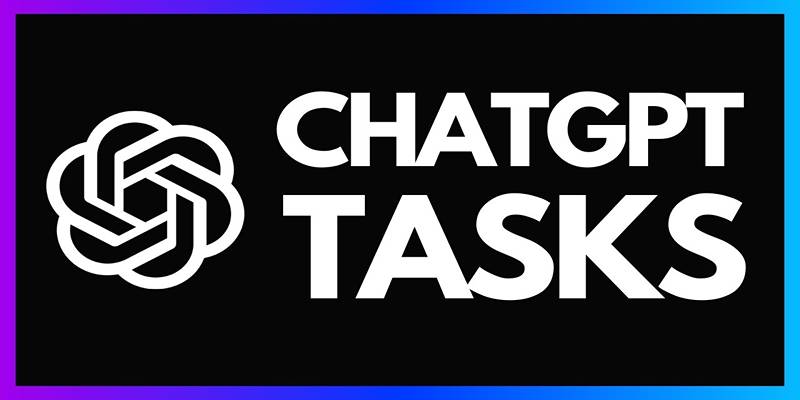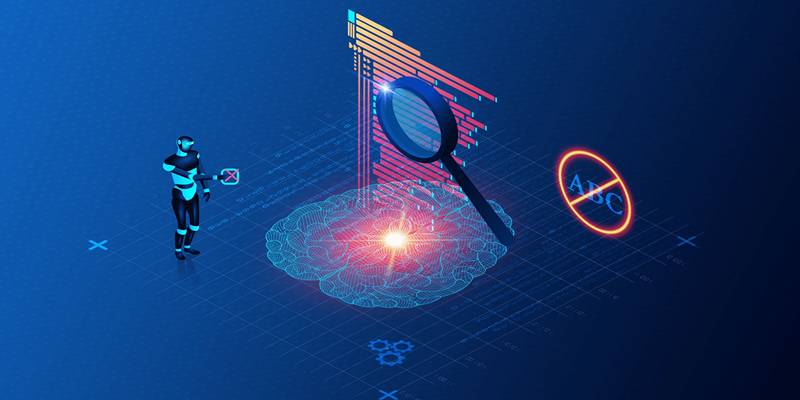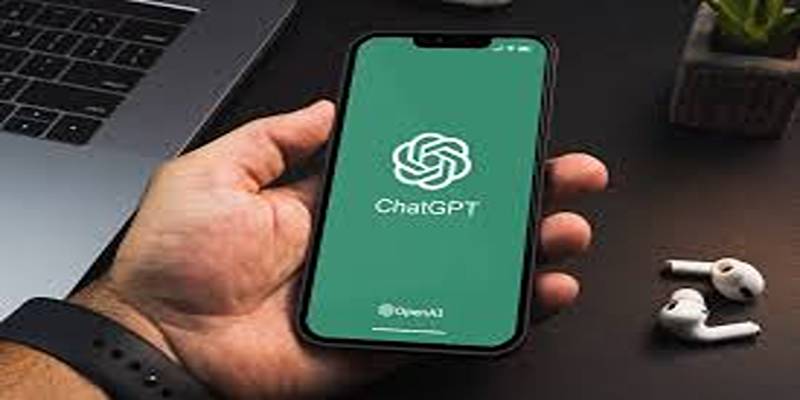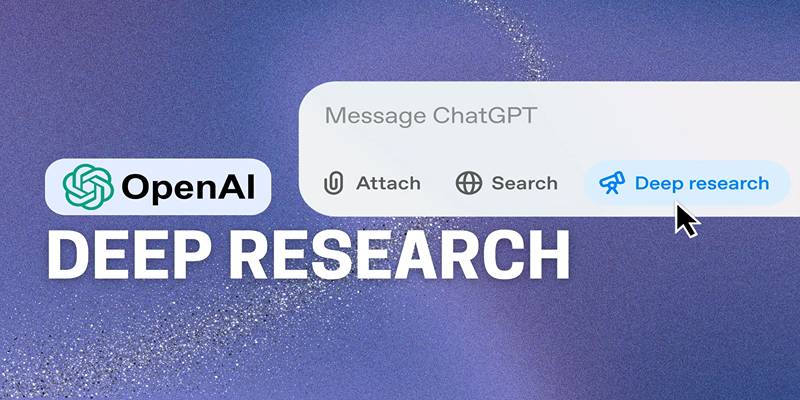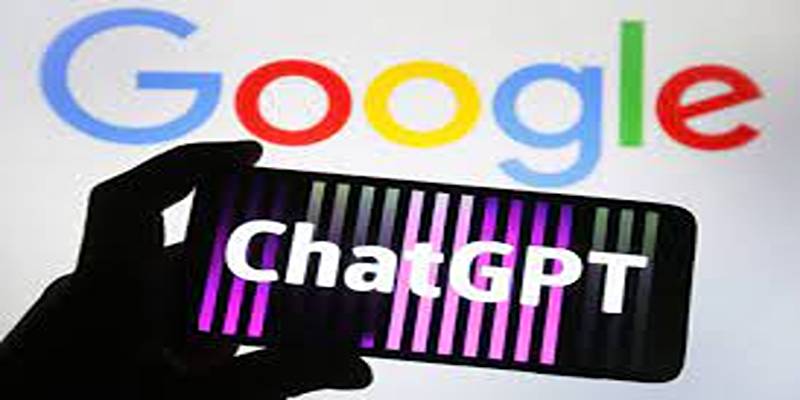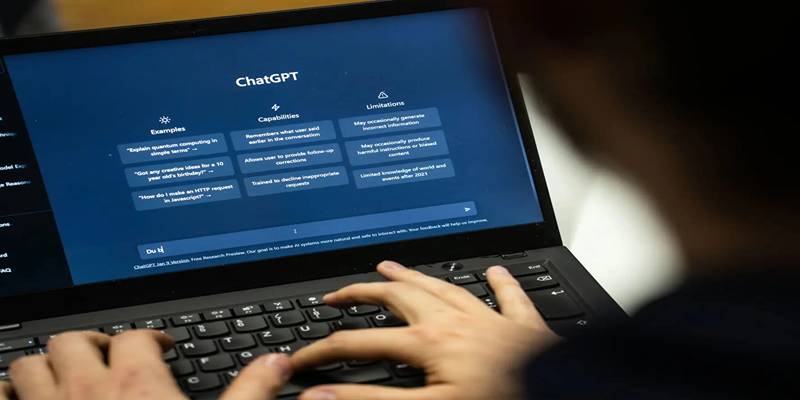Staying organized and remembering what you learn is harder than ever in this age of constant information overload. From students managing multiple subjects to professionals upskilling in their spare time, memory retention and consistency remain major hurdles. But while many still rely on traditional methods—sticky notes, spaced repetition apps, or calendars—some are turning to a surprisingly efficient tool hidden in plain sight: ChatGPT Tasks.
ChatGPT is already widely used for explaining topics, generating content, and brainstorming. But its Tasks feature, available on ChatGPT’s Plus, Pro, and Teams plans, has quietly become a game-changer for personalized learning. It allows users to schedule study sessions, receive timely reminders, and reinforce learning through structured review cycles.
Let’s explore how ChatGPT Tasks works and why it has become a secret weapon for boosting memory and transforming the learning process.
Why ChatGPT Tasks Stand Out for Learning and Recall?
Traditional reminder apps or calendars might help you schedule a study session, but they can't engage with you, test your knowledge, or explain what you’re struggling with. ChatGPT, on the other hand, does all of that—and with Tasks, it reminds you exactly when to return to the material.
Imagine asking ChatGPT to explain a concept today and then creating a task to remind you in three days, seven days, and fourteen days. When the reminder appears, you can ask ChatGPT to summarize the topic again or even generate a quiz to test what you remember.
It creates a powerful loop:
- Learn something with ChatGPT.
- Schedule your next review using Tasks.
- Reinforce the material by engaging with AI prompts or quizzes.
- Repeat on a spaced timeline for improved retention.
This structure adds a level of discipline and consistency that self-directed learners often struggle to maintain.
Using ChatGPT Tasks for Spaced Repetition
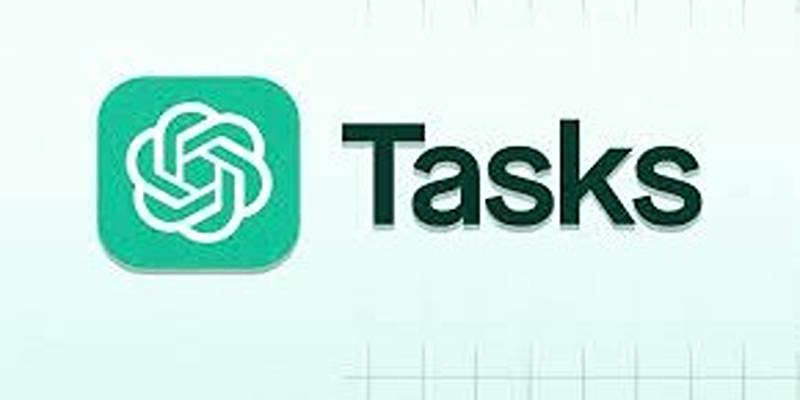
Spaced repetition is a technique based on cognitive psychology. It involves reviewing material at increasing intervals to lock it into long-term memory. ChatGPT Tasks fits into this model perfectly by enabling users to pre-schedule those intervals with just a few simple prompts.
For example, after learning a new topic, a user might say:
“Remind me to review the causes of World War I on August 1, August 4, August 10, and August 20.”
Once the task is set, ChatGPT sends notifications via mobile push or email on those dates, prompting the user to re-engage with the topic. Better yet, the user can include a more detailed action:
“Remind me on those dates to quiz me on World War I and explain any answers I get wrong.” These prompts turn passive reminders into active learning moments, reinforcing knowledge while identifying weak areas.
Steps to Set Up Learning Tasks with ChatGPT
To effectively use ChatGPT Tasks for learning and recall, users can follow a straightforward process:
Step 1: Define Clear Learning Objectives
Start by understanding what needs to be learned. Whether it’s mastering a topic for a test, remembering industry trends, or learning a language, define the subject and its scope. Clear goals help create focused and meaningful tasks.
Step 2: Use Precise Prompts for Scheduling
When creating a task, specificity is key. Rather than vague entries like “Review history,” prompt ChatGPT with: “Set a reminder to quiz me on the key points of the Cold War on Mondays and Thursdays for the next three weeks.” Then, use the edit menu within the Tasks panel to set custom dates or recurring intervals.
Step 3: Pair Tasks With Active Recall
When the reminder appears, don’t just reread the notes. Use the opportunity to interact with ChatGPT actively. Ask:
- “Can you generate five open-ended questions on the Cold War?”
- “Give me a short-answer quiz based on our last discussion.”
- “Summarize the main points of this topic again.”
This active recall deepens memory encoding and makes each review session more productive.
Push Notifications to Keep You Consistent
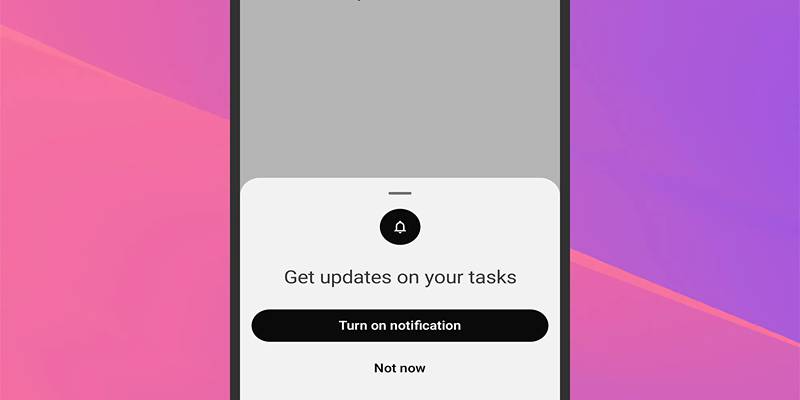
One of the most impactful features of ChatGPT Tasks is its built-in push notification system, which helps learners stay consistent and accountable in their study routines. Users can opt to receive reminders through the ChatGPT mobile app, via email, or both—ensuring they’re notified even when they’re not actively using the app. For individuals who struggle with maintaining regular review sessions, these well-timed alerts serve as gentle nudges to return to learning.
What sets this system apart is its ability to immediately connect reminders with action. Once notified, users can open the relevant thread or learning project in ChatGPT and jump straight into the review—whether it’s summarizing key points, answering quiz questions, or asking for clarification on difficult concepts. Notifications can also be customized in the app’s settings, allowing users to control the frequency and delivery method based on their preferences.
Combining ChatGPT Tasks With AI Quizzing and Summarization
What truly separates ChatGPT Tasks from a traditional task manager is its integration with AI learning tools. After receiving a reminder, learners can instantly dive into the same conversation or another project and prompt ChatGPT to:
- Generate practice quizzes
- Summarize complex content into digestible chunks
- Rephrase explanations based on learning style
- Identify knowledge gaps and suggest follow-up material
Here’s an example of a prompt that brings all of this together:
“Remind me every Sunday to quiz me on world geography. Include 10 open-ended questions, evaluate my answers, and give feedback with sources.”
This fusion of automation, testing, and tutoring makes ChatGPT not just a study tool—but a learning companion.
Conclusion
For those seeking better retention, smarter review habits, and a way to stay accountable for their learning, ChatGPT Tasks offers a surprisingly powerful solution. Integrating reminders, recall, and reinforcement into one ecosystem eliminates the usual barriers that come with managing study routines.
It may not replace specialized spaced repetition apps, but it fills a crucial role: helping users turn everyday study sessions into meaningful habits. With AI by your side and Tasks keeping you on schedule, learning becomes not just easier—but more effective.
